About Us
Why Bari Ni Savu/Tropical Timber Co. is an Environmentally Conscious Logging and Timber Company
We’re redefining the timber trade by focusing on what truly matters: responsible forest management, ethical sourcing, and complete transparency across the entire supply chain. Our commitment to ecological stewardship and premium quality ensures that every piece of wood we deliver carries a story – one rooted in care for the land, the people, and the final product.
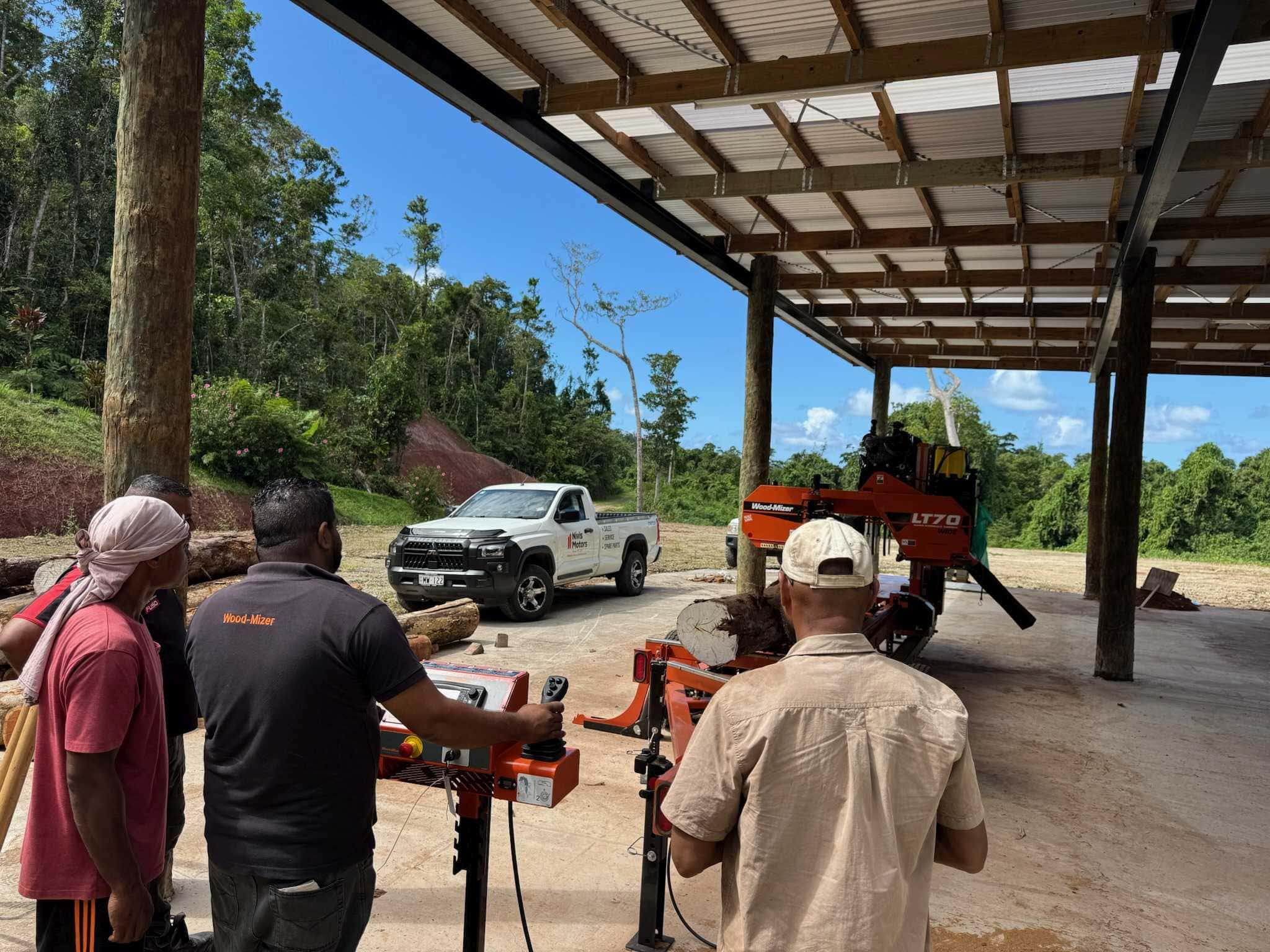
Who We Are
Bari Ni Savu (BNS) is a forward-thinking eco-timber company rooted on the island of Vanua Levu, Fiji.
Following over two years of dedicated groundwork — including obtaining licenses and permits, building our own mill, and developing a complete transport system — we are now fully equipped for commercial-scale sustainable forestry operations.
Our approach blends on-the-ground forest management with ethical harvesting practices and logistics tailored for the U.S. export market. Every step we take is guided by a commitment to ecological responsibility, quality, and long-term impact.
Sustainable Harvesting Practices
Selective Logging Over Clear-Cutting
BNS employs a selective logging strategy, meaning only mature, commercially viable trees are harvested while younger trees and surrounding vegetation are left undisturbed. This preserves canopy cover, minimizes erosion, and protects wildlife habitats.
Forest Management Planning
Logging operations are guided by detailed forest inventory and strategic harvest planning. By working in mapped harvesting zones and allowing ample regrowth periods, BNS ensures that the land remains productive and biologically diverse for future cycles.
Low Annual Harvest Volumes
Rather than maximizing short-term yield, BNS collaborates with the Fijian Ministry of Forestry to establish sustainable harvest quotas that prioritize long-term ecological balance and forest health.
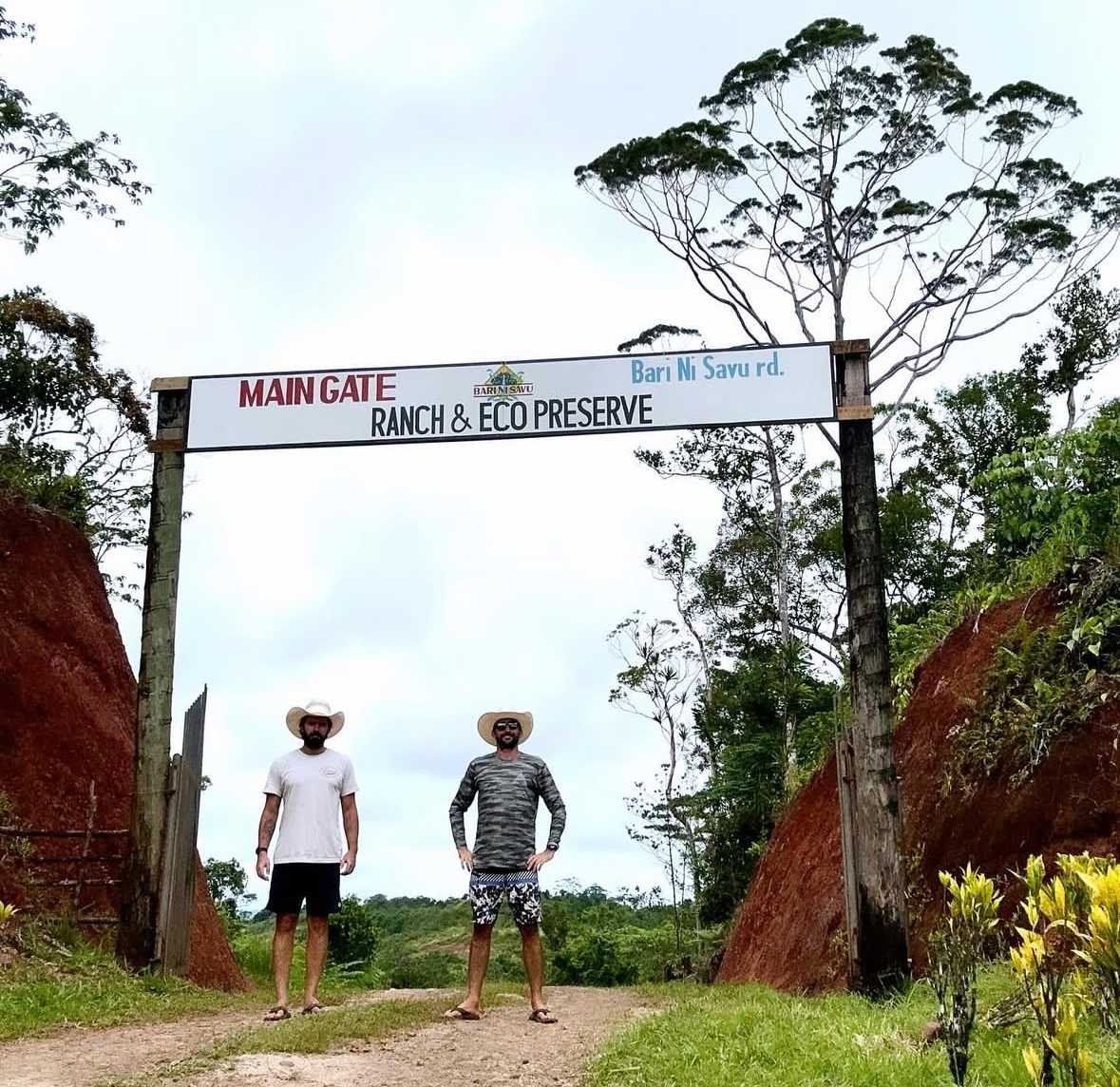
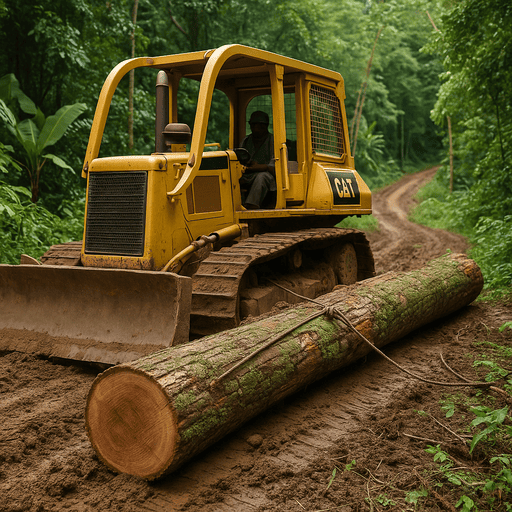
Eco-Timber Focus
Low-Impact Harvesting Techniques
Bari Ni Savu prioritizes harvesting methods that protect the integrity of the forest ecosystem. Bari Ni Savu uses a Caterpillar D6 bulldozer equipped with a winch to mindfully extract felled trees with precision and care. Rather than dragging logs freely across the forest floor, trees are carefully winched along predetermined skid tracks to designated landing areas.
Each skid track is hand-selected in collaboration with the Fijian Ministry of Forestry through on-site evaluation and topographic analysis. Routes are chosen specifically to minimize impact on the surrounding forest — avoiding steep slopes, sensitive habitats, and erosion-prone areas.
Logging roads are constructed only where necessary, and are:
- Narrow, temporary, and designed for minimal intrusion
- Properly graded and drained to prevent runoff and sedimentation
- Rehabilitated after use through erosion control and native planting
This approach significantly reduces soil disturbance, prevents unnecessary damage to understory vegetation, and protects the forest’s regenerative capacity. Combined with narrow, temporary logging roads that are rehabilitated after use, this method reflects BNS’s commitment to reduced-impact logging principles and long-term forest health.
Species Selection & Reforestation
BNS focuses on naturally abundant timber species with strong regenerative qualities. Where appropriate, harvested areas are supplemented with native plantings to accelerate regrowth and maintain ecological diversity.
Transparency and Oversight
Forestry Monitoring System
Each harvested log is stamped, tracked, and recorded through our internal forestry monitoring system. This ensures full log-to-lumber traceability, giving buyers confidence in the origin and sustainability of their timber.
Compliance with Forestry Regulation
BNS operates under a licensed harvesting regime strictly regulated by the Fijian Forest Department. All activities — from felling to export — are reviewed and audited for legal and environmental compliance.
Climate and Biodiversity Considerations
Protection of Endemic and Threatened Species
Prior to harvest, BNS commissions independent Environmental Impact Assessments (EIAs) to identify and avoid harming endangered species or critical habitats, ensuring operations are aligned with global biodiversity conservation goals.
Community Engagement and Local Empowerment
Local Employment & Capacity Building
BNS trains and hires local Fijians across all areas of operations — from chainsaw use to milling and equipment maintenance — creating long-term livelihoods and building technical forestry expertise within rural communities.
In addition to the latest safety equipment available, safety training adds incentives for our staff to be aware and report potential hazards before they occur.
The training programs provided to our employees will expand the opportunities in their lives for them, their families and communities. Seeing others performing at a higher level, builds confidence for the entire team that with hard work and dedication, they too can improve their lives .
BNS engages with the local villages where our workers reside. We meet regularly with their chiefs and ‘matangali’ and have provided additional resources for their schools and special occasions.
As we become more successful so will the communities around us.
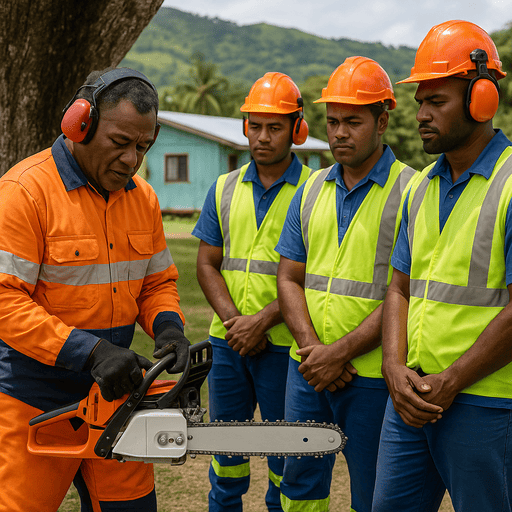
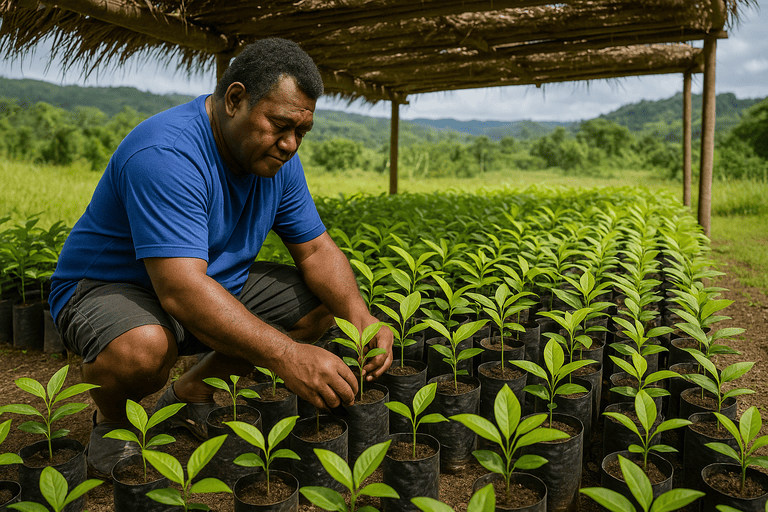
Proactive Reforestation and Native Tree Regeneration
At Bari Ni Savu, sustainability begins before the first tree is harvested. As part of our commitment to long-term ecological responsibility, BNS has already planted over 10,000 trees, well in advance of our first planned harvest date in August 2025. This proactive step reflects our belief that conservation and commercial forestry must go hand-in-hand.
On-Site Seedling Nursery
We maintain a thriving in-house nursery with over 6,000 native tree seedlings and counting. These are carefully selected for:
- Indigenous ecological value
- Strong regeneration potential
- High timber quality
This nursery will supply post-harvest replanting across all logging areas, ensuring that every cleared parcel is actively restored with appropriate native species.
Partnership with the Ministry of Forestry
BNS has partnered with the Fijian Ministry of Forestry to provide seedlings from our nursery for broader reforestation projects across Vanua Levu. By doing so, we contribute to:
- The restoration of degraded forestlands
- The rebuilding of native biodiversity
- Support for national climate and reforestation goals
This partnership demonstrates our role not only as a timber operator, but as a regional environmental steward.
Circular Forestry Model
For BNS, reforestation is not a checkbox — it’s a core operational philosophy. Every harvested area is mapped and tracked for recovery. With the integration of our nursery, seedling propagation, and post-harvest replanting, we operate a closed-loop model:
forest → timber → regeneration → forest again (INSERT IMAGE HERE)
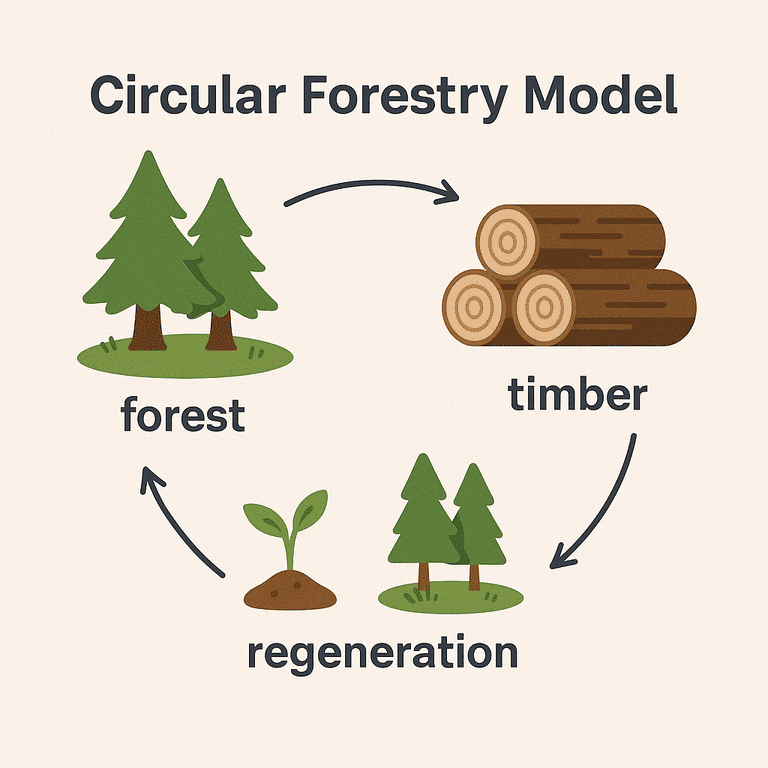
Meet our Founders

Scott Purdy
With over 30 years of brand strategy and sourcing experience, Scott is co-founder of Red Antler and former General Manager at Mars Food Europe.
He brings strategic leadership and a passion for sustainable global trade to TTC.

Kui Vakasenu Totau
Kui is an Indigenous Fijian forestry expert, logger, and sawyer with decades of experience in sustainable tropical hardwoods.
As co-founder and local lead of BNS, he ensures traditional knowledge and ecological responsibility guide every step.
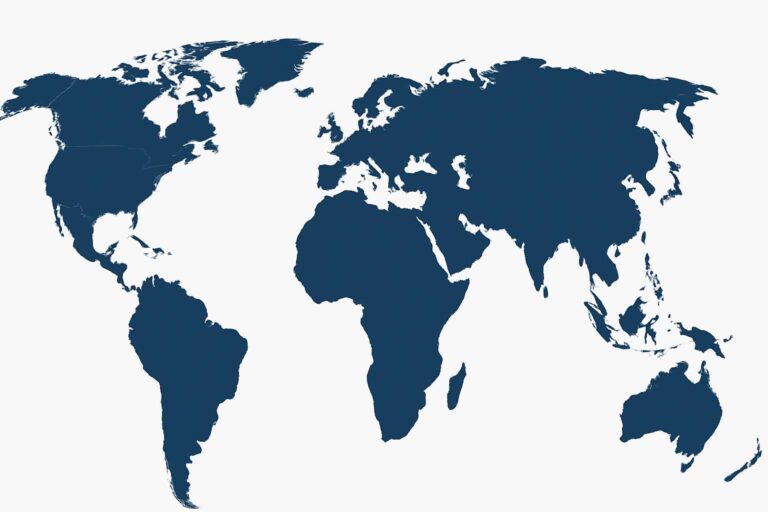
From the South Pacific to the World
With a robust logistics network and trusted partnerships, The Tropical Timber Company exports high-grade timber to over 20 countries across 5 continents.
Our wood is trusted by builders, designers, and importers worldwide for its durability, integrity, and eco-compliance.
© 2025 The Tropical Timber Compay. All rights reserved.
